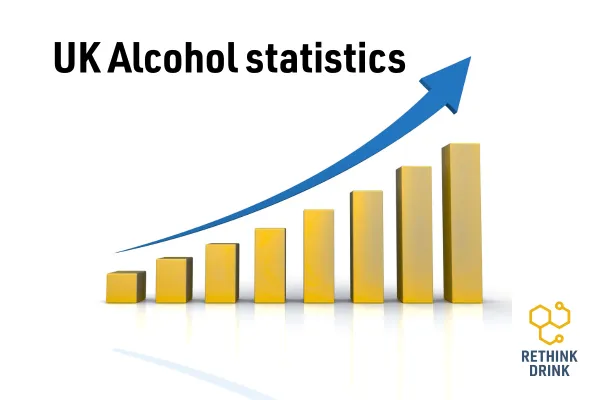Sinclair Method Studies
This article examines the scientific foundation behind TSM, drawing on nearly three decades of peer‑reviewed trials, neuroimaging research, and systematic reviews.

Naltrexone is a powerful tool for reducing alcohol cravings, especially when used as part of the Sinclair Method (TSM). But if you’re considering this approach, a key question often arises: Can I get Naltrexone from my GP?

Ozempic and naltrexone are very different medications, each targeting distinct areas of the brain and body. Ozempic is designed to manage type 2 diabetes and promote weight loss by reducing hunger. Naltrexone is specifically designed to reduce cravings and the rewarding effects of alcohol.

Over the past 25 years, alcohol consumption in the UK has undergone significant transformation. While public health campaigns have increased awareness, the statistics paint a complex picture of progress, stagnation, and new challenges.

Recovering from alcohol use disorder can feel like an overwhelming mountain to climb. At Rethink Drink, we believe true freedom begins not with deprivation, but with empowerment. The Sinclair Method (TSM) has revolutionised the way we support individuals in overcoming alcohol dependence. But the big question remains: Does The Sinclair Method work? Let’s dive deep into the evidence, the experience, and the future it could unlock for you.

For those of us navigating the difficult landscape of alcohol recovery, finding a method that actually works can feel overwhelming. Many traditional approaches rely heavily on willpower and abstinence, often leading to feelings of guilt or failure when relapse occurs. But what if there was a method that used science to change the brain's relationship with alcohol—without requiring you to quit cold turkey?

When people hear about The Sinclair Method (TSM) for the first time, their biggest question is: Does it actually work? After all, traditional approaches to treating alcohol use disorder (AUD) often rely on abstinence-based models, which can be difficult to sustain.
The Sunday Reset
Every Sunday, we share a 2-minute insight into the logic of the Sinclair Method.
Join thousands of others for our weekly newsletter and change how you see the problem,
because when you change the way you look at things, the things you look at change.
… There’s a reason we’re called Rethink Drink!
